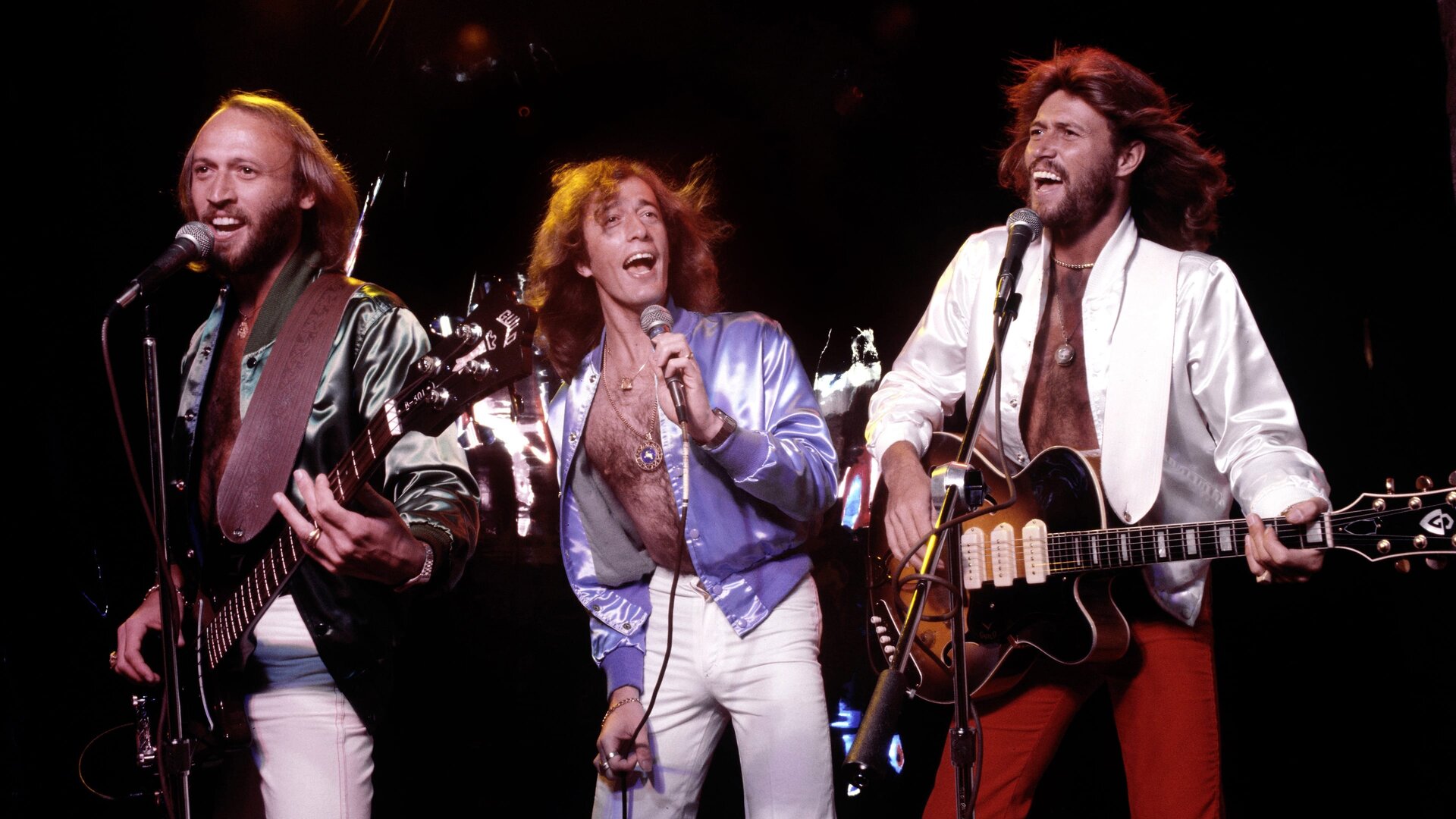
“(Our Love) Don’t Throw It All Away” is a plea spoken in a near-whisper—an insistence that what two people built together is still worth saving, even when it’s trembling at the edge.
Before we even talk about the melody, it’s worth placing this song exactly where it first lived in the public ear. “(Our Love) Don’t Throw It All Away” was written by Barry Gibb and Blue Weaver, first recorded by the Bee Gees in 1977 during the Saturday Night Fever era sessions, but the version most listeners met first was Andy Gibb’s: released as a single in September 1978 from his album Shadow Dancing. On the Billboard Hot 100, it arrived with a notable first step—debuting at No. 70 (its “debut position” as listed in Billboard’s chart pages) and ultimately peaking at No. 9. It also climbed to No. 2 on Billboard’s Adult Contemporary chart, and in the UK it reached a peak position of No. 32 on the Official Singles Chart.
So why do so many people still file it under “Bee Gees” in their hearts? Because the song carries the Gibb fingerprint in every line: that mixture of tenderness and quiet insistence, the sense that love is not a fireworks display but a daily, fragile miracle. Even its title gives the game away—“Our Love” comes first, before the warning, as if the singer is physically holding the memory up to the light: Look—this is what we have. Don’t drop it.
The backstory deepens the emotion. The Bee Gees cut their original version first, but it stayed in the vault—not released until the Bee Gees compilation Greatest (often referred to as Bee Gees Greatest) in 1979. That album itself became a kind of cultural snapshot of their mid-to-late ’70s reign, eventually topping Billboard’s Top LPs & Tape chart in January 1980. In other words, the song’s “Bee Gees identity” was real—but it surfaced publicly after the world had already fallen for the younger brother’s voice.
And there’s a particularly moving detail: when Andy was preparing to record it, Barry listened back to the earlier take and felt it wasn’t finished—so he added a middle eight (that bridge section that feels like the heart finally breaking through the ribs). Blue Weaver recalled Barry’s reaction plainly: hearing the original, Barry thought it wasn’t complete, and then wrote that missing piece. It’s the kind of revision that doesn’t feel like “editing”—it feels like a brother deciding to give another brother the strongest possible words for a moment that might otherwise slip away.
Musically, “(Our Love) Don’t Throw It All Away” is built like a slow walk through a room full of photographs. The chords don’t rush to impress you; they circle, return, and tighten, letting the lyric do what it needs to do: speak to the specific kind of loneliness that happens inside a relationship, when two people are still present but no longer meeting each other’s eyes. The production on Andy’s single—credited to the Gibb-Galuten-Richardson team—wraps him in warmth: gentle keyboards, soft rhythm, sympathetic harmonies. And when you listen closely, you can hear why the song resonated beyond pop radio: it doesn’t villainize anyone. It doesn’t shout “you ruined everything.” It simply begs: Please don’t let something precious be discarded out of fatigue, pride, or one bad season.
The Bee Gees version, meanwhile, has its own quiet power in the mythology: recorded in that feverish late-’70s creative period, yet withheld, as if even they sensed it belonged to a different kind of moment—more private than disco, more personal than spectacle. And perhaps the most poignant coda of all is what happened years later: during the Bee Gees’ One Night Only era, they performed the song while mixing in Andy’s original lead vocal—a technical gesture that becomes, in human terms, an embrace across time.
In the end, “(Our Love) Don’t Throw It All Away” endures because it understands something many songs avoid: love isn’t only the beginning. It’s the decision to keep honoring what was promised—especially when it would be easier to turn away. And that makes the title feel less like a warning and more like a small prayer, still waiting in the air long after the final note fades.